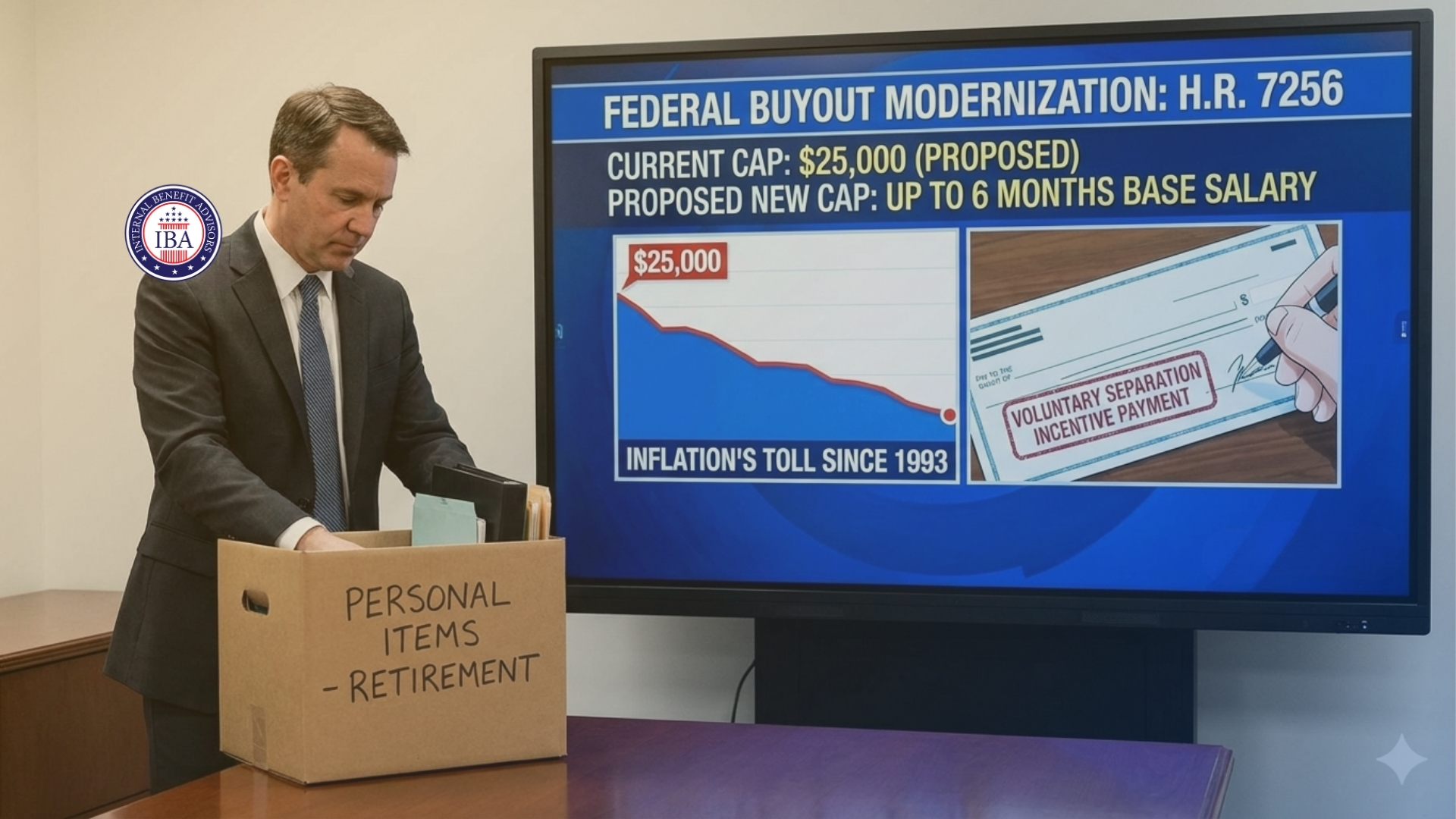The official word is in: the President has proposed a mere 1 percent across-the-board pay raise for federal civilian employees for 2026. As reported by FEDweek, this minimal increase stands in stark contrast to a more substantial 4.5 percent raise proposed for the military and will be supplemented by a small locality pay bump. For the dedicated men and women of the federal workforce, this isn’t just a number—it’s a clear signal that your earned income is failing to keep pace with the real cost of living, making proactive personal financial planning an absolute necessity.
This proposed 1 percent raise is, in effect, a pay cut. The latest Consumer Price Index (CPI) data from the Bureau of Labor Statistics shows that inflation is running at 2.7 percent. This means that even before it hits your bank account, your pay raise is already 1.7 percent behind the rising cost of goods and services. This isn’t a new trend; it’s a persistent problem. A 2024 analysis by the Federal Salary Council highlighted that federal pay, on average, lags behind the private sector by over 27 percent. This growing gap, combined with sub-inflation pay raises, erodes your purchasing power year after year, making it harder to save for retirement, pay for your children’s education, or simply make ends meet.
This financial squeeze is happening in a climate of already historically low morale. The 2024 Federal Employee Viewpoint Survey (FEVS) revealed that “Satisfaction with Pay” is one of the lowest-scoring metrics across the entire government. A pay raise that doesn’t even match inflation is a direct blow to a workforce already feeling undervalued and financially strained, and it makes the stability of your personal finances a critical priority.
From Paycheck to Plan: Taking Control of Your Financial Future
You cannot control the annual pay raise, but you can control how you manage your money. In an environment where your income is actively losing ground to inflation, a comprehensive and proactive financial plan is not a luxury—it is your most powerful tool for building a secure future.
This is where the specialized expertise of Internal Benefit Advisors becomes an essential asset. They are dedicated to educating federal and state employees on the intricacies of their benefits, helping them create a resilient financial strategy that can thrive even when pay raises fall short.
Here’s how they empower you to take command:
- Comprehensive Retirement and Benefits Analysis: Is your Thrift Savings Plan (TSP) allocated to outpace inflation? Are you maximizing your FERS pension? Internal Benefit Advisors provides a complete analysis to ensure your retirement strategy is built for growth, helping to close the gap left by inadequate pay raises.
- Building a Resilient Financial Plan: They work with you to create a robust financial strategy that can withstand the erosion of your purchasing power. This includes smart retirement planning, understanding your life insurance options, and developing a plan to protect your family’s future.
- Empowerment Through Education: In a complex and often frustrating financial environment, knowledge is your strongest asset. Internal Benefit Advisors provides the clear, unbiased education you need to navigate your federal benefits and make confident, proactive decisions for your financial well-being.
Your service deserves more than a pay cut in disguise. While the fight for fair pay continues, you can take the definitive step to secure your own financial prosperity.
Contact Internal Benefit Advisors today for a consultation and build the powerful, personal financial plan your future depends on.
References
- FEDweek. “Trump Calls for 1 Percent Federal Raise; Higher Military Rate for Some Law Enforcement.”
- U.S. Bureau of Labor Statistics. (2025, August). Consumer Price Index Summary.
- Federal Salary Council. (2024). Annual Report to the President.
- U.S. Office of Personnel Management. (2024). Governmentwide Management Report: Results from the 2024 Federal Employee Viewpoint Survey.
- Internal Benefit Advisors. Retrieved from https://internalbenefitadvisors.com




